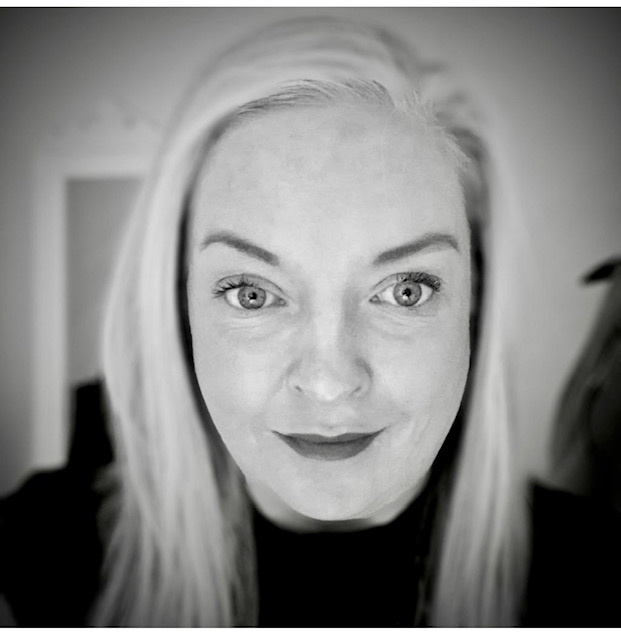Kirsty Morrison: The sensor technology helping Albyn tenants live independently for longer

Kirsty Morrison
Albyn Housing Society group chief executive Kirsty Morrison reveals how the social housing provider’s Fit Homes are helping people to live independently throughout the Highlands.
Technology and data are not just altering the way we drive, do our jobs, and go shopping. They are also transforming social care and how we look after our loved ones.
Over the winter we saw another wave of pressure on our health services. This is made all the worse by so-called ‘bed blocking’, where patients who are ready to be discharged do not have the appropriate care in place to leave hospital.
This situation is even more profound in the Highlands where there are only eight people per square kilometre, spread out across an area almost the size of Belgium. Albyn Housing Society manages over 3700 properties in 70 communities across this vast area.
With a recent survey showing almost half of all young people plan to leave the area within the next five years, the ability to recruit and retain social care staff is not getting better anytime soon. This makes getting the proper care in place incredibly difficult. Indeed, a recent council report highlighted the need to consider the ’potential collapse’ of the care home sector in some parts of the Highlands.
This, in turn, provides its own challenges for social housing providers. But adversity breeds ingenuity. Although Albyn is based in one of the most rural parts of the United Kingdom, we are leading the charge by developing cutting edge technologies to fix these problems, alongside Highland Council and our partners in academia. Imagine if you could have peace of mind that your relative is following their normal routine - getting out of bed, having breakfast, watching television - without encroaching their independence. If there is a change in the pattern you can check in on them and support their needs. It’s easy to see what a comfort this would be, and a real support tool for carers and key workers.
This care is possible through sensor based technology which is currently being built into 32 new ‘Fit Homes’ to support vulnerable tenants who require support to stay at home, independently, for longer. We are currently offering these homes to elderly tenants, those living with life limiting diseases, and people who have left institutional care. Fit homes are fitted with predictive behaviour pattern sensors and use artificial intelligence and machine learning. The sensors feed back real-time information to their family members, caregivers or key workers. Yet unlike cameras, they still offer a high degree of privacy to their occupants. The technology will allow our tenants to be able to stay in their homes for as long as possible.
A key part of this project is to provide suitable homes to those who have served in our Armed Forces. As part of our new development at Stratton Farm on the outskirts of Inverness, veterans have been rehoused and supported. If necessary, additional medical adaptations can easily be made to these homes due to their build type.
Without this technology, some of our tenants may not be able to live alone or get the help they need and deserve. It also provides reassurance for their families. In areas where a physical check by a carer may take hours of driving, it frees up capability to be used elsewhere.
The data from these sensors are so cutting edge and have such huge potential that I believe this is now a core part of our role in the housing sector. We are no longer “just” a landlord but an integral cog in the many services committed to supporting our most vulnerable. I believe this technology can be transformational for social care and the future of social housing.
Don’t get me wrong, this will not be the silver bullet for an issue that is as complex as it is enormous. But Fit Homes will have a transformational role to play in the care and support of people that need it most.








